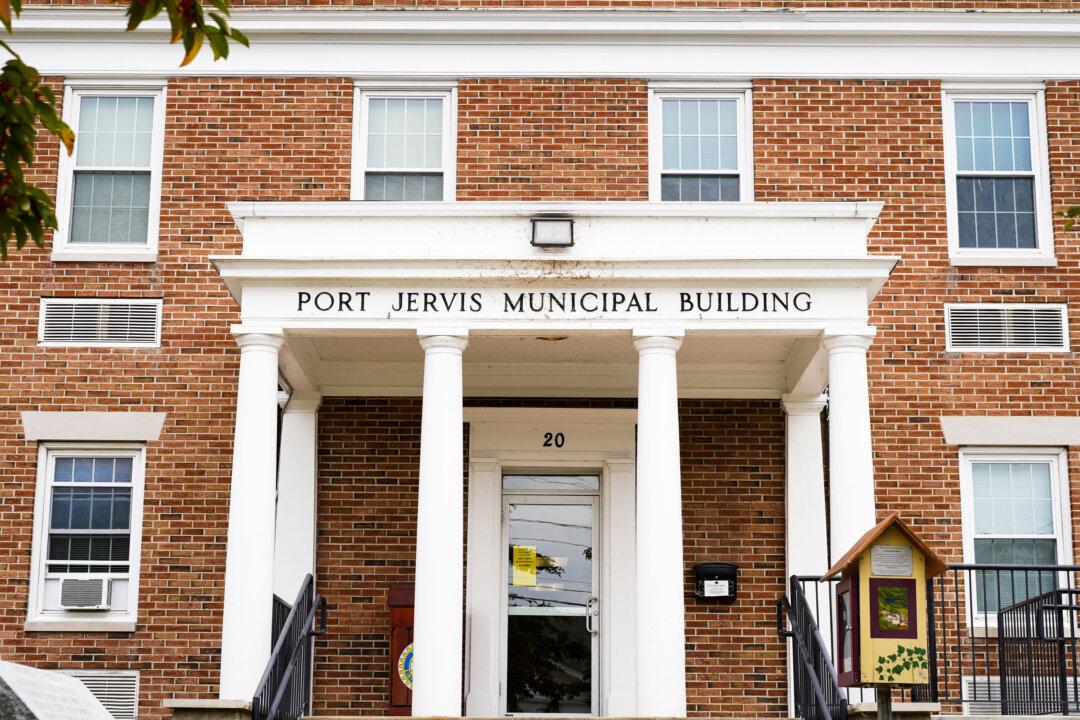The Port Jervis City Council on Nov. 27 adopted a property tax levy of $7.6 million for 2024, which is 4.16 percent, or $305,552, more than that of the current year.
The total budget stands at $17.4 million, which is about $1 million more than 2023’s.





